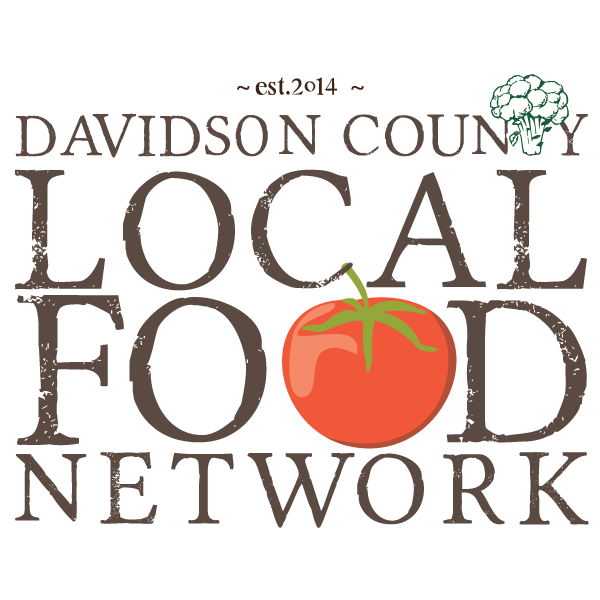Sustainable and Regenerative Agriculture
In a world where food production is a necessity but environmental conservation is a growing concern, sustainable and regenerative agriculture offer promising solutions. These approaches prioritize both human sustenance and the long-term well-being of our land and resources.
What is Sustainable Agriculture?
Sustainable agriculture is a farming method designed to balance food production with environmental stewardship. The three core pillars of sustainability—environmental health, economic profitability, and social and economic equity—serve as guiding principles. The goal is simple: to produce food while preserving the land for future generations. This means reducing chemical inputs, optimizing water usage, maintaining biodiversity, and supporting local communities.
Sustainable practices often include crop rotation, integrated pest management, conservation tillage, and responsible water management. These efforts ensure that farmland remains fertile and productive without depleting the surrounding ecosystem.
The Rise of Regenerative Agriculture
Regenerative agriculture builds upon sustainability but takes it a step further. Rather than just maintaining the land, it actively seeks to restore and enhance soil health, biodiversity, and ecosystem resilience. Instead of being a rigid set of rules, regenerative agriculture is a philosophy—an adaptive, holistic approach that encourages farmers to work with nature rather than against it.
Key regenerative practices include:
Cover cropping to protect and enrich soil.
Minimal or no tillage to maintain soil structure and reduce erosion.
Diverse crop rotations to enhance soil fertility.
Composting and organic amendments to build soil organic matter.
Holistic livestock management that incorporates rotational grazing.
The emphasis on soil health is critical. Healthy soil captures carbon, improves water retention, and enhances plant nutrition—creating a positive cycle of environmental and economic benefits.
Why These Methods Matter
Both sustainable and regenerative agriculture play vital roles in addressing modern agricultural challenges, including soil degradation, climate change, and food security. By shifting toward these mindful farming methods, we can build a future where agriculture nourishes both people and the planet.
At Davidson County Local Food Network, we are proud to support local farmers who embrace these principles. By choosing sustainably and regeneratively grown food, consumers can contribute to a healthier food system—one that respects nature while feeding communities.
Join the movement. Support local. Eat sustainably.






